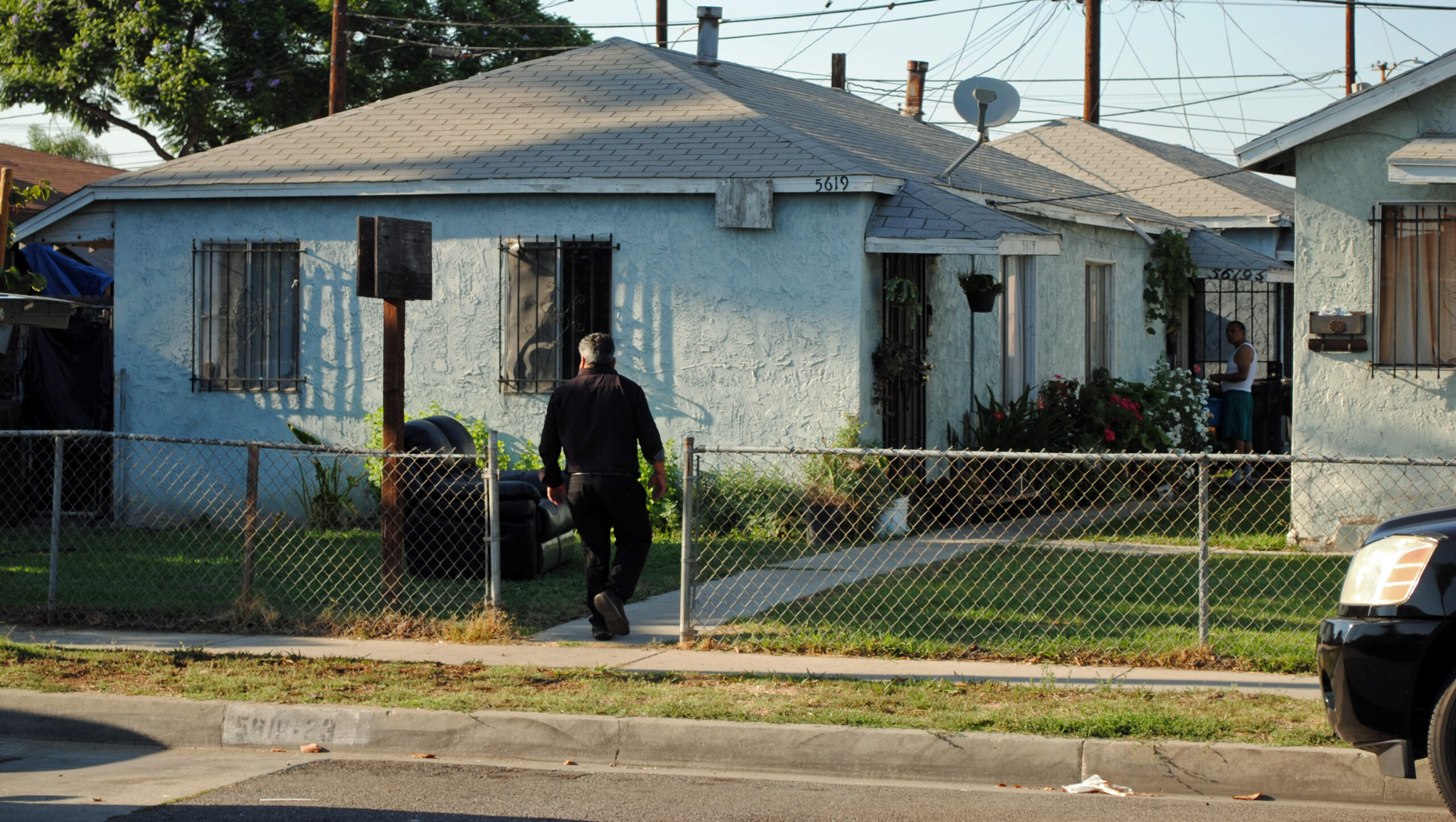By Alfredo Santana
Contributing Writer
BELL GARDENS — The City Council has unanimously approved rent controls with annual increases limited to 50% of the annual inflation rate capped at 4%, with the goal to control expenses for blue-collar families.
Bell Gardens is the first city in Southeast Los Angeles County to approve a rent control law, and joins Los Angeles, Santa Monica and Pomona as the only cities in the county that limit increases below the 10% allowed by the state’s Tenant Protection Act.
The so-called rent stabilization ordinance will apply only to units with rental permits issued before Feb. 1, 1995, and will exclude single-family homes for rent, condominiums and townhomes.
The ordinance also won’t affect complexes of four apartments or less if the property owner lives onsite.
The council also passed an amendment to create a rental registry with fees to support the program for units whose owners do not live in the city and waive payments for landlords with up to four apartments if they occupy an apartment on the same property.
According to Community Development Department Director Gustavo Romo, city staff will conduct the fee study with an estimated cost of $60,000.
Councilwoman Lisseth Flores said that nearly 80% of Bell Gardens residents are low-income tenants and the city owed it to them to enact protections to the ongoing rise in rents.
She said the council’s intent in passing the ordinance is not to vilify all landlords, but also to help small landlords who also live in the city.
“We will still protect them as residents, and also give them a break because they are small landlords,” Flores said. “They continue to live in Bell Gardens. They are not … living outside Bell Gardens making money off our neighbors.”
Resident Joselyn Del Real was one of more than 20 people who called in to support the rent control ordinance, arguing that the measure would stabilize the economy of families still feeling the effects of the COVID-19 pandemic along with rising costs of food and energy.
“We are asking for a chance to have residents in the city to live a decent life without having to worry they’d be unjustly evicted, displaced or unable to put food on the table,” Del Real said.
Tenants advocacy groups, community activists and even employees of local schools reached out to renters, organized legal workshops with pro-bono lawyers and pressed the council for a rent control passage in a city where most households are considered rent burdened.
A report prepared by the city’s Community Development Department indicates that 58% of renters from 2019 to 2021 paid more than 30% of their salaries on housing, and 28% spent at least half of their income on rent.
Etna Sandoval, with the Union de Vecinas of Bell Gardens, said the issue was the price the community was willing to pay to keep residents housed.
“This is the step the City Council can take to support working families in Bell Gardens,” Sandoval said. “We are here outside City Hall supporting this ordinance.”
As expected, the council faced opposition from landlords and apartment associations who also expressed their disapproval by sending letters to elected officials and city staff.
At the Aug, 22 meeting, Daniela Leider-Perez, a representative with the Apartment Association of Greater Los Angeles, said putting rent limits at or below inflation levels would mostly hurt small landlords and add bureaucracy and millions in costs to the city to administer the program.
She said landlords unable to meet operative expenses would be left with no options but to sell their properties.
“It is impossible for small mom and pops to cover basic operational costs, let alone upgrades and improvements when severe rent increase limitations are imposed,” Ledier-Perez said. “These consequences eventually hurt everyone, as these providers are providing the city with the most affordable housing.”
Another landlord named Claudia said she owns three units for rent, has property taxes of more than $13,000 a year with an adjustable mortgage, and called for rental caps above the initially proposed 3% to keep the apartments in good shape.
“In 12 years [tenants] have living here, I’ve never increased … rent,” she said. But this year I had to because everything went up. There are landlords who may be greedy, but some of us are not, and we will be affected by this ordinance.
“The only time I had to evict a tenant was because they did not want to pay rent, not because they did have resources,” Claudia said in Spanish. “I’ll ask you to please be fair and think of both parties.”
City Manager Michael O’Kelly said the City Council is scheduled to approve the second reading of the ordinance Sept. 12. If approved, the measure would start being enforced 30 days later.











